In the past year, nonprofits have gotten creative in their fundraising endeavors. From hosting virtual events and outdoor galas to pivoting their programming to support their communities during this public health crisis, nonprofit organizations have figured out new ways to reach their communities and support their mission.
One thing is certain: relying on a single channel for your fundraising campaign is not going to work in the future. Diversifying your outreach will allow you to connect with different people in more ways, strengthening your supporter population and the overall health of your nonprofit.
The key to fundraising success in the future is meeting your donors where they are, whether that’s online, through direct mail, or in person. In order to help you improve your multi-channel fundraising campaign, we’ll walk you through the 4 steps we follow for every campaign. Those steps are:
- Segment your audience.
- Determine your channels.
- Unify your branding and message.
- Measure and improve your engagement.
If you follow these steps, you’ll learn more about your audience and what inspires them, how you can connect with them, and strengthen every fundraising campaign you run going forward. Let’s get started!
1. Segment your audience.
The first step to any good multi-channel fundraising campaign is knowing who you are trying to reach. The broad answer is, “your population of donors, volunteers, and event attendees.” But who are these people? What drives them and their connection to your nonprofit?
You’ll never be able to personally know every one of your supporters (unless you are a superhero, in which case, kudos!), so instead it’s important to understand the general groups that make up your broader community.
Donor segmentation is a process where you sort your donors by shared characteristics. These can be aspects of their engagement like preferred communication method and average gift size, their location, or even age and gender.
To plan your multi-channel fundraising campaign, think about the information that would be most useful to your team. How does your community like to be contacted? How do they like to give? If you know the answers to these questions, you know where to spend the majority of your time and effort.
But what about major donors?
For a broad fundraising campaign, information like social media presence, preferred donation style, and ideal communication methods are enough to contact the majority of your population. However, there are individuals in your CRM that are not going to fall easily into these categories.
If there are major donors or potential major donors in your community that you wish to cultivate, don’t assume anything about their preferences or passions. Instead, conduct prospect research and get to know them personally. This hands-on approach will allow you to tailor your fundraising approach to their preferences.
For more information on how to collect information about individuals in your community, check out Double the Donation’s guide to prospect research.
2. Determine your channels.
Once you’ve segmented your donors, you should have a pretty good idea of what channels they’ll be most receptive to and how they want to donate.
Next, we’ll discuss how you can use some of the most common channels to direct those users to support your campaign.
The digital hub: your website
The digital bedrock of your nonprofit’s multi-channel fundraising campaign is going to be your website. This is how most people will get information about your cause, programs, and history.
To use your website as part of your fundraising campaign, prioritize the following features:
- Site security. If someone doesn’t trust your website, they will not put their payment information through it to make a donation.
- Quick load speed. If your website is slow, visitors will get bored or frustrated and navigate away. Plus, Google will penalize you in the search results for providing a poor user experience!
- Prominent navigation and donation buttons. Make it as easy as possible for site visitors to click around and explore, and then donate when they’re convinced.
First impressions are important, so make sure that your users have a positive one by optimizing your nonprofit’s website.
Direct mail fundraising
“Is direct mail fundraising dead?” You may ask yourself. The answer is NO! Direct mail fundraising is alive and well. Many people consider direct mail to be more personal than email or social media, and nonprofits continue to see higher response rates from direct mail than from other sources.
Incorporating direct mail fundraising into your campaign is a great way to reach people who enjoy receiving mail, especially when you reach out to those who read your newsletters or other informational campaigns.
Email campaigns
Email is another crucial facet of your multi-channel fundraising campaign. It’s quick, convenient, and creates an instant connection between you and your readers, especially when you incorporate emotional images and scannable text.
The trick is getting readers to open them, so make sure you’re perfecting your email subject lines!
Social media
While social media is the last on this list, it’s certainly not least. Everyone recalls the ALS ice bucket challenge of 2014: that campaign changed the game for nonprofits. Use social media as a way to raise awareness for your campaign and direct people to your website!
The short list above is not exhaustive; there are many more ways to reach your supporters. Use what you learned about their general preferences to make sure you’re reaching out in a way that they’re receptive to.
3. Unify your branding and message.
The next step in planning your campaign is ensuring that your branding and messaging across all your channels are cohesive and organized. No matter if someone is hearing about your programs through direct mail, social media, or a phone call, the spirit should be the same.
Other key areas where your branding should be consistent are:
- Logos and colors. If someone sees a branded image on your social media and goes to your website to discover that your website looks completely different, they may doubt that the social account and your website are truly linked, and you’ve lost an opportunity.
- Motto for the campaign. Using the same verbiage for your campaign across the board makes it clear that your nonprofit’s mail, email, social campaign, and website are all striving towards the same goal, and gives your team and volunteers a go-to phrase.
A consistent brand is always important, but even more so for a multichannel campaign. Since each communication method requires a different approach, maintaining consistency where you can is key to building trust and recognition with your audience.
4. Measure and improve your engagement.
Once you’ve got your campaign up and running, it’s time to measure your progress! Peter Drucker said, “If you don’t measure it, you can’t improve it.” You’re likely already measuring fundraising metrics like donation size, amount, and recurrence, but are you measuring every step that takes a supporter from start to finish?
For each channel, consider tracking some of these metrics so that you can determine where you’re excelling and where you have room for improvement.
Your Website
Depending on your level of sophistication, you can track anything from users landing on your site to how long they stay, what they click on, and the exact path that someone takes from your homepage to your donation form.
Metrics to track include:
- Users by source (referral, organic, social, direct)
- Time on site
- Pages per visit
- Bounce rate
- Clicks on buttons
- Percentage of a video watched
When you understand how users interact with your website, you can figure out what engages them the most and better direct their digital journey.
Direct Mail
Metrics for your direct mail fundraising appeal can be hard to track because once the letter leaves your hands, you don’t know what happens to it. But you can measure engagement!
Metrics for direct mail fundraising include:
- Response rate
- Gift size
- Percent returned to sender
- Cost per gift
- Donor lifetime value
Direct mail doesn’t have to be more complicated than your digital efforts, though. Read through GivingMail’s guide to fundraising appeals to make it easier for your team!
Email Campaigns
Email is great for tracking all kinds of information about your readers because it’s entirely digital!
Metrics for your email fundraising campaign include:
- Open rates (this one is all-important!)
- Click-through rates on embedded links
- Percentage of a video watched
- Bounce rate (emails returned)
- Email sharing/forwarding rate
- Unsubscribe rates
For example, you could send successful email campaigns to your non-openers. Some donors need a little more convincing than others. Luckily, knowing what messages perform better will help you raise virtual donations by improving on what didn’t work the first time!
Social Media
Online engagement is all about sharing. When you’re measuring social media efficacy, make sure to keep in mind the following metrics:
- Share/retweets/reposts
- Responses
- Likes or clicks versus impressions
- Overall impressions
- Reach (primarily for Twitter, but useful anywhere that you can share content)
Collecting these metrics allows you to return to step 1, segmentation, and improve your campaign with every iteration.
Multi-channel fundraising is a key way for nonprofits to reach more of their audience more effectively. Whether you’re raising money through crowdfunding or a social media campaign, approaching segments of your community in the way that they prefer is key to a more personalized future relationship with them.
Guest Author: Grant Cobb, GivingMail
Grant Cobb is a fundraising specialist with over 6 years of experience in the nonprofit space. Currently the head of marketing and analytics at GivingMail, he is a huge proponent of data-driven decision making and the push to bring high-level analytics and fundraising to all.
Development Consulting Solutions has a team of experts who can meet your needs through serving as your grant reviewer, grants researcher, proposal template developer, and ongoing grant writer.
Check out our list of grant writing services here.
Contact us today to discuss your grant writing needs.
Get Your Ultimate Calendar Year-End Checklist Needed For Your Next Appeal…
Savvy nonprofit professionals know that as the end of the year winds down, donations go up — way up.
Raising spirits while lowering taxes, year-end giving inspires donors to give to your campaign — more than a quarter of nonprofits raise close to half their annual funds in year-end campaigns, a little over 10 percent of that occurring in just the last three days of the year.
With our Ultimate Year-End Fundraising Checklist, you’ll be well on your way to a Happy New Year with a boost in your bottom-line worth breaking out the bubbly for.
Click here to get your Ultimate Calendar Year-End Checklist!
For a free, 30-minute consultation, or to learn more about our “Survive and Thrive” professional coaching services, visit us here at www.developmentconsultingsolutions.com/coaching or book your fundraising coaching session at http://calendly.com/developmentconsultingsolutions/30min.
Join my new nonprofit community who are surviving and thriving! Click HERE to join my private Facebook group: Nonprofit Survive and Thrive Mastermind and receive support and inspiration to drive your results.


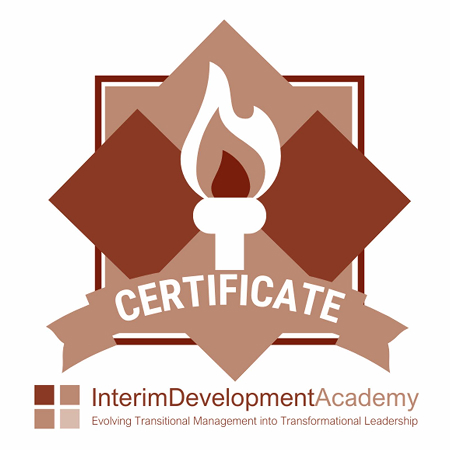

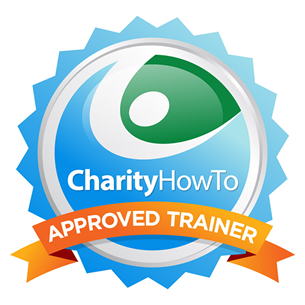
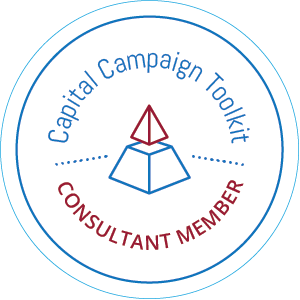
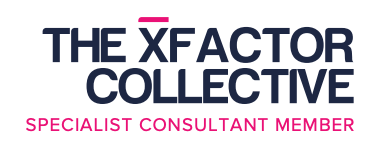
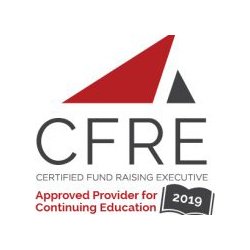
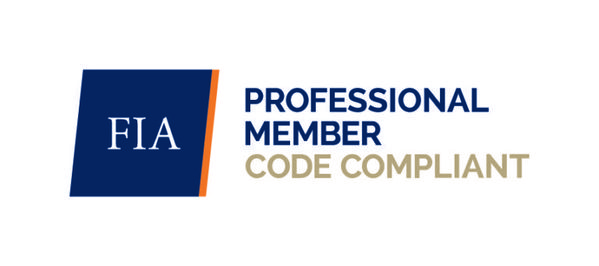


Leave a Reply
Want to join the discussion?Feel free to contribute!